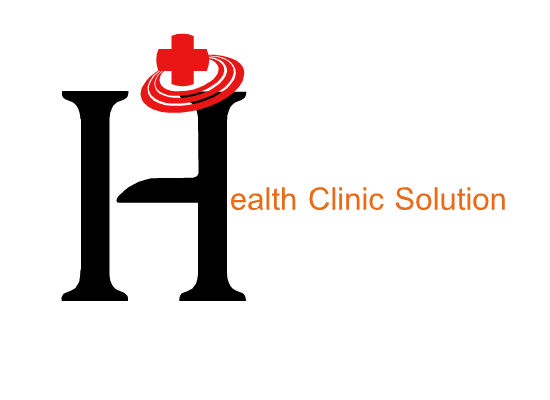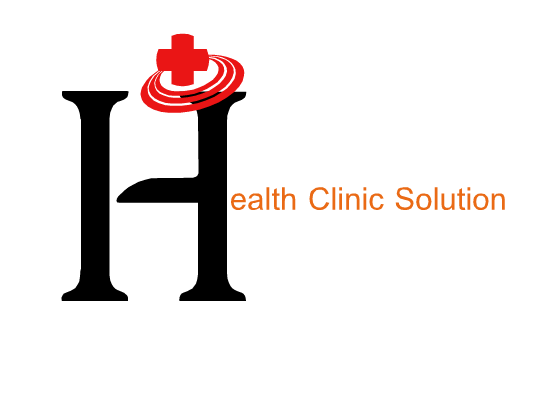 |
| Normal Blood Pressure |
Intro Normal Blood Pressure:
It’s easy to get normal blood pressure confused with blood sugar levels, but they are very different. Blood pressure is how hard your blood is trying to move through your body by pushing against the walls of your arteries and veins. The two main numbers that doctors use to measure blood pressure are systolic and diastolic; the first measures the force of the blood as it moves through your heart, and the second measures the force when it’s pushing against arterial walls in your body.
Shifting from salt:
Salt raises blood pressure by triggering a response from your body’s natural defense mechanism. When you consume salt, your kidney secretes more liquid to flush it out of your system, which causes water levels in your blood to rise. As such, adding more salt to foods can cause a rapid spike in normal blood pressure for about two hours after eating. If you want to bring down your blood pressure naturally and avoid potentially harmful medications, try ditching processed foods containing extra sodium in favor of fresh fruits and vegetables with smaller amounts of naturally occurring sodium. Eating more potassium-rich foods, like bananas and sweet potatoes, also helps lower blood pressure as potassium balances sodium in fluids that carry it throughout our bodies.
Being aware of high
blood pressure levels:
High blood pressure is a silent killer. Many people who suffer from it do not even know that they have it. This condition can be controlled by diet, exercise and medication. When high blood pressure levels are not controlled, heart attacks and stroke can result as well as organ damage. Be aware of your blood pressure readings. If you find out that you have high blood pressure, discuss with your doctor how to bring them down to normal levels and what diet plan would be best for you. Changes need to be made in your life so that high blood pressure does not lead to a more serious situation in later years.
The importance of managing stress:
Stress is associated with hypertension, as well as many other health conditions. So making changes to minimize stress in your life is one way to better manage high blood pressure. Fortunately, there are many ways to do so, from mind-body therapies like meditation and tai chi to more conventional forms of stress management like exercise and yoga classes. The important thing is that you find something that works for you. Explore different ways of managing stress and take it seriously: Learning how to better deal with stressful situations can not only improve your blood pressure but also make you feel calmer and happier on a day-to-day basis.
Understanding The Diuretic Myth:
Water weight is not fat weight. A quick sip of H20 won’t make you look thinner (or healthier) and it certainly won’t do anything to reduce your normal blood pressure levels. The kidneys regulate our water balance, which, in part, has a profound effect on our blood pressure. When we drink a lot of fluid—say, eight glasses—our bodies simply absorb what they need. Our blood volume goes up but our blood pressure doesn’t change much. Diuretics, such as caffeine or alcohol, can increase urination by 20 percent or more. While that may seem like a good thing for people with high blood pressure, it actually exacerbates symptoms because those who are dehydrated have lower sodium levels than normal. This imbalance makes them retain fluids rather than excrete them. In other words: Don't worry about how much you're drinking; worry about whether you're getting enough salt.
Avoiding Or Limiting Alcohol Intake:
Managing Obesity:
Obesity increases blood pressure in a number of ways. First, it puts extra strain on your heart, resulting in heart failure (and ultimately high blood pressure). Second, obesity causes resistance to insulin; insulin is what tells our cells to metabolize sugar and fat for energy. When our cells are resistant to insulin, it results in higher levels of glucose in our bloodstream – that’s a problem because more glucose means more work for your kidneys. In turn, that can mean high blood pressure. To get back down to normal levels, you’ll need to eat fewer calories than you expend through exercise (and daily activity), cut out salt and refined sugars from your diet, increase protein intake and get regular exercise.
Maintaining A Healthy Lifestyle:
 |
| Normal Blood Pressure |
From eating a balanced diet to exercising regularly, there are several habits you can form that will have a profound impact on your blood pressure. If you struggle with having high blood pressure, make sure to cut out any tobacco use and alcohol consumption as well. It may be hard to find your comfort zone when it comes to eating right (trying new foods or getting used to a restricted diet), but taking care of yourself should be at least somewhat enjoyable. Balance is key—it’s not worth sabotaging your health just because you love junk food!
The Importance Of Getting Enough Sleep:
Sleep affects blood normal blood pressure in a couple of ways. Not only does sleep deprivation interfere with your body's ability to regulate its blood pressure, but it also can affect you psychologically and make you feel more stressed out. Poor sleeping habits have been linked to chronic stress, which tends to elevate blood pressure readings. In fact, one study found that people who slept six hours or less per night experienced higher systolic blood pressure—the top number in a reading—than those who slept seven to eight hours per night. Researchers aren't sure why sleep deprivation is linked to an increase in blood pressure and stress levels; however, they think it might be due to disruptions in normal cortical levels and disrupted functioning of brain regions involved in regulating emotions and behavior during sleep deprivation.
Check Your Medication And Vitamin Levels:
Exercise is one of many tools in your kit to reduce normal blood pressure. Exercising regularly can also reduce high blood pressure and risk for heart disease, stroke, diabetes and more. Here are ten tips to follow when starting an exercise routine: Check with your doctor before you start exercising. Make sure it's safe for you and determine which exercises are right for you. Start slowly. Start walking 10 minutes a day, three times a week until you're fit enough to increase that time or frequency—but try not to overdo it at first or you could injure yourself. Pay attention to how you feel during and after each workout. If something hurts, stop doing it immediately. Be patient with yourself. It takes time to get into shape and lose weight, so don't expect overnight results; instead set small goals for yourself along the way so you stay motivated!
If possible, have someone who knows what they're doing help you learn proper form for each exercise so you avoid injury. Once a week take your pulse after exercising; if it's above 100 beats per minute (bpm), slow down or take a break from whatever activity caused that rise in pulse rate. Monitor your progress by measuring key indicators like body fat percentage and BMI (body mass index). Keep track of these measurements every month as motivation to keep going!
Exercise Tips to Manage High Blood Pressure:
 |
| Normal Blood Pressure |
If you’re like most people, your normal blood pressure has hovered between 130/80 and 140/90. But recently, you’ve been experiencing shortness of breath, headaches, dizziness or nausea when standing up after lying down or sitting for an extended period of time. Your doctor suspects that your high blood pressure is causing these symptoms. With that in mind, he or she prescribes medication to lower your numbers to a healthier range: 120/80 to 129/89. It takes weeks before you notice a difference — not surprising because high blood pressure often has no symptoms until it causes damage elsewhere in your body.



0 Comments